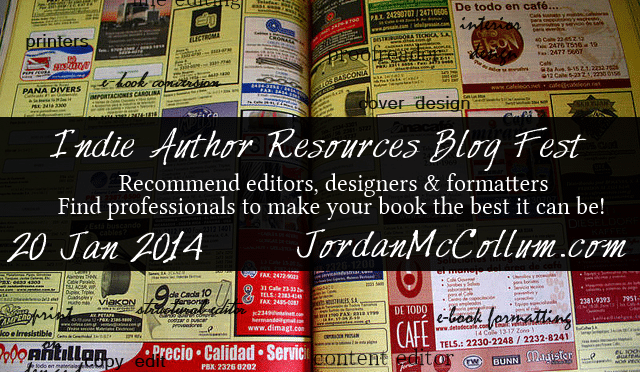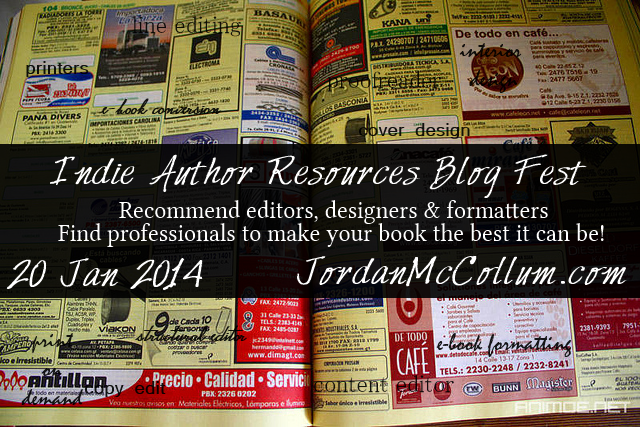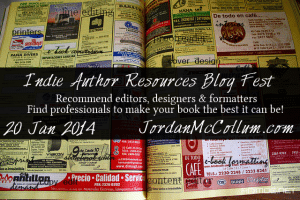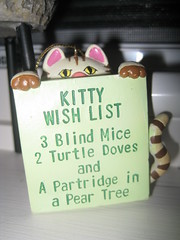So earlier this month, we talked about what a difference critique partners make. And they do—mine routinely suggest the exact thing I needed to fix a plot line, a story arc, a scene, a character. They are truly amazing.
But even amazing critique groups are probably not acquisitions editors. They may not think like acquisitions editors. As Alicia Rasley has blogged before, sometimes your editor hates what your CPs love, for myriad reasons. It seems sad and counterproductive to think that a book you’ve spent six or twelve months with in critique group may now spent that long in editing because it fundamentally doesn’t work.
Part of that, as Alicia mentions, is the protracted reading your critique partners must do. In a standard critique group format, the group reads a scene or a chapter at a time (or perhaps isolated scenes), while an editor is trying to whip a whole book into shape, hammering out those overarching problems of plot or arc or character that a critique group who reads the book in a drip at a time just can’t see.
But there’s another issue at work, too. In many groups, critique partners’ job is to work with what you’ve got. It’s hard to suggest overarching changes without a high-level vision of the novel, so they do what they can: work on polishing the prose you present. You have to really develop trust in addition to fiction-vision to suggest (and take) the major changes that will make your story deeper, more engaging, more complex (in a good way), more coherent, more resonant.
But those changes are an editor’s job, her wheelhouse. She works not to be your friend but to make your book everything it can be. Her job is to knock it down and make it better.
Your critique partners may be right: your book may be great. Or they may be biased (by incomplete information or lovin ya, goshdarnit). The point isn’t that they’re wrong, but that it’s often beyond their purview—or perhaps beyond what you want them to do—to spot and fix the large-scale problems that an editor will home in on. Your editor’s job isn’t just to be right: it’s to make your book absolutely all that it can be. For the best book possible, use both!


 1. The theme is Indie author resources. It’s all about showing some love for all those people who helped make your book great. So who do you put in your post?
1. The theme is Indie author resources. It’s all about showing some love for all those people who helped make your book great. So who do you put in your post?


